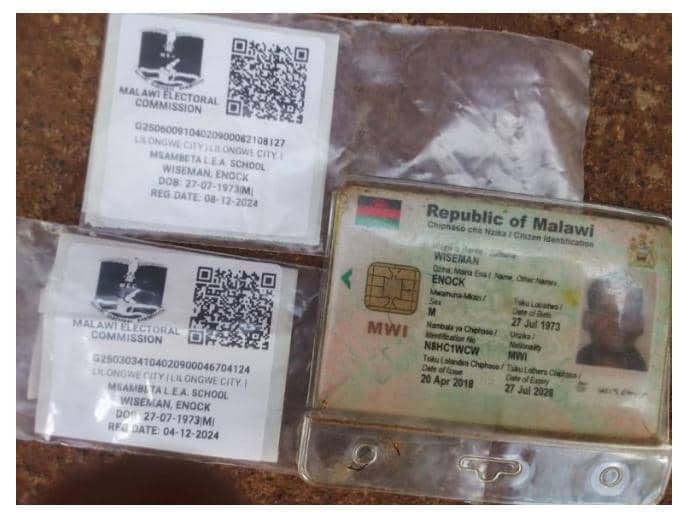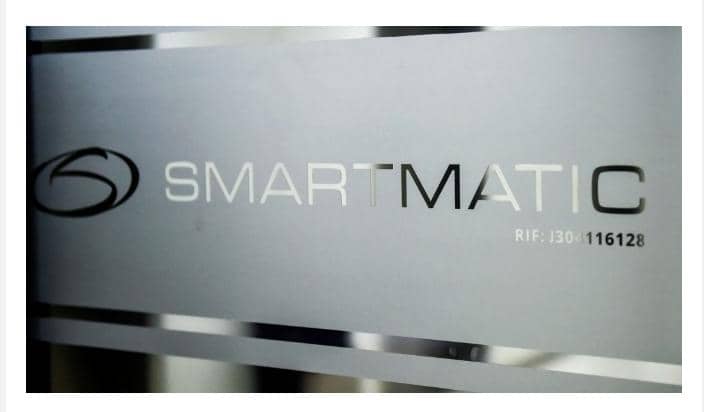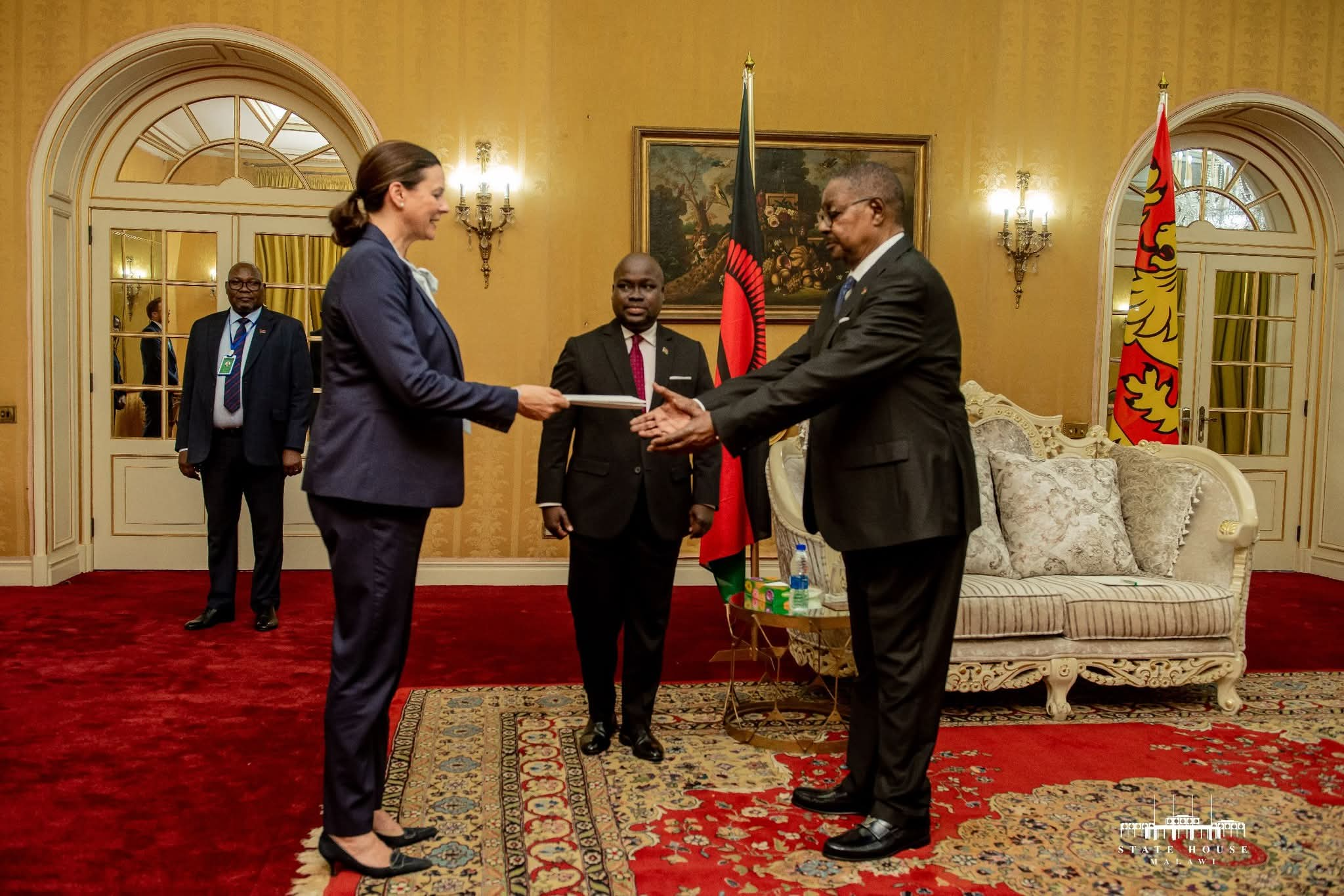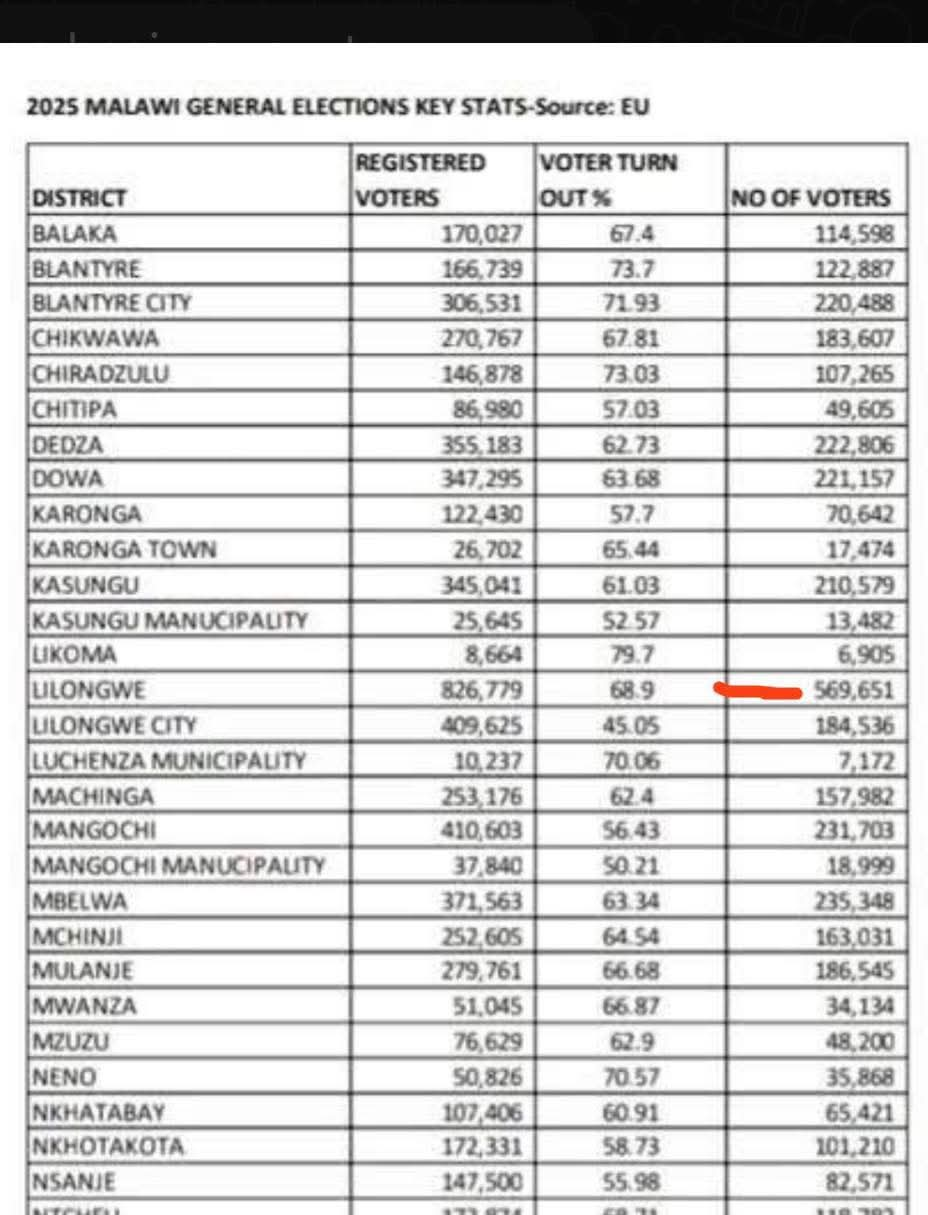By Burnett Munthali
The Malawi Electoral Commission’s (MEC) adoption of Smartmatic as its technology partner for the 2025 elections raises significant concerns about the credibility, transparency, and security of the electoral process. With Smartmatic’s history of controversies in countries like Venezuela, the Philippines, and the United States, the decision by MEC to engage this Venezuelan-founded firm without robust public scrutiny or stakeholder consensus could severely undermine Malawi’s democratic gains.

Smartmatic has been at the center of multiple allegations of bribery, vote manipulation, and system vulnerabilities. The indictment of its co-founder, Roger Piñate, on bribery and money laundering charges tied to over-invoicing in the Philippines highlights the troubling corporate culture within the organization. While Smartmatic denies direct culpability, these allegations cast a shadow over its systems and their ability to uphold electoral integrity.
In Malawi, the early signs of trouble have already emerged. Reports of double registrations at the same centers have been blamed on system errors with Smartmatic’s Electoral Management Devices (EMDs). These incidents echo issues observed in Venezuela and the Philippines, where accusations of system failures and manipulation plagued election outcomes.
The primary promise of electronic voting systems is to enhance efficiency and accuracy. However, as numerous case studies have shown, these systems often come with significant risks:

1) The potential for hacking and data manipulation remains high, especially in countries with limited technological oversight. Smartmatic’s systems, developed in a proprietary and opaque environment, make independent verification nearly impossible.
2) In Venezuela, accusations of vote manipulation and a lack of transparency in system operations have been recurring issues. Similar concerns in Malawi, such as alleged over-registration in certain regions, suggest Smartmatic’s systems may not be fit for purpose.
3) MEC’s refusal to allow external audits of the voter registration process is a red flag. Transparent audits could address public concerns and restore confidence in the electoral process. Instead, MEC’s defensiveness has fueled suspicion among opposition parties and civil society groups.
Opposition parties in Malawi are understandably wary of Smartmatic’s role in the elections, fearing potential bias in favor of the ruling party. Their skepticism is rooted in Smartmatic’s track record of controversies and MEC’s dismissive attitude toward transparency. Public trust—a cornerstone of any democratic process—is at risk of erosion if these issues are not addressed.
The allegations of software malfunctions, double registrations, and over-registration in specific regions must be treated with urgency. Failure to address these issues could result in a repeat of the 2020 election crisis, where electoral irregularities led to a costly rerun.
To safeguard the credibility of Malawi’s 2025 elections, the following measures are imperative:
Firstly, MEC must allow independent audits of its voter registration process and Smartmatic’s systems. This step would address allegations of irregularities and build public confidence.
Secondly, MEC must engage political parties, civil society organizations, and the general public to foster trust in the electoral process. Open forums and transparent communication are crucial.
Thirdly, If Smartmatic’s systems cannot guarantee transparency and security, MEC should explore alternative providers or revert to a hybrid system combining electronic and manual methods.
Malawi’s democratic future hinges on credible and transparent elections. The controversies surrounding Smartmatic, coupled with MEC’s opaque handling of stakeholder concerns, present significant risks to the 2025 electoral process. Addressing these issues proactively through audits, engagement, and system reforms will not only save the country from another costly rerun but also uphold the principles of fairness and justice in the democratic process.
Malawi cannot afford to ignore the overwhelming evidence of Smartmatic’s questionable credibility. The cost of inaction will be far greater than the price of ensuring free and fair elections.




